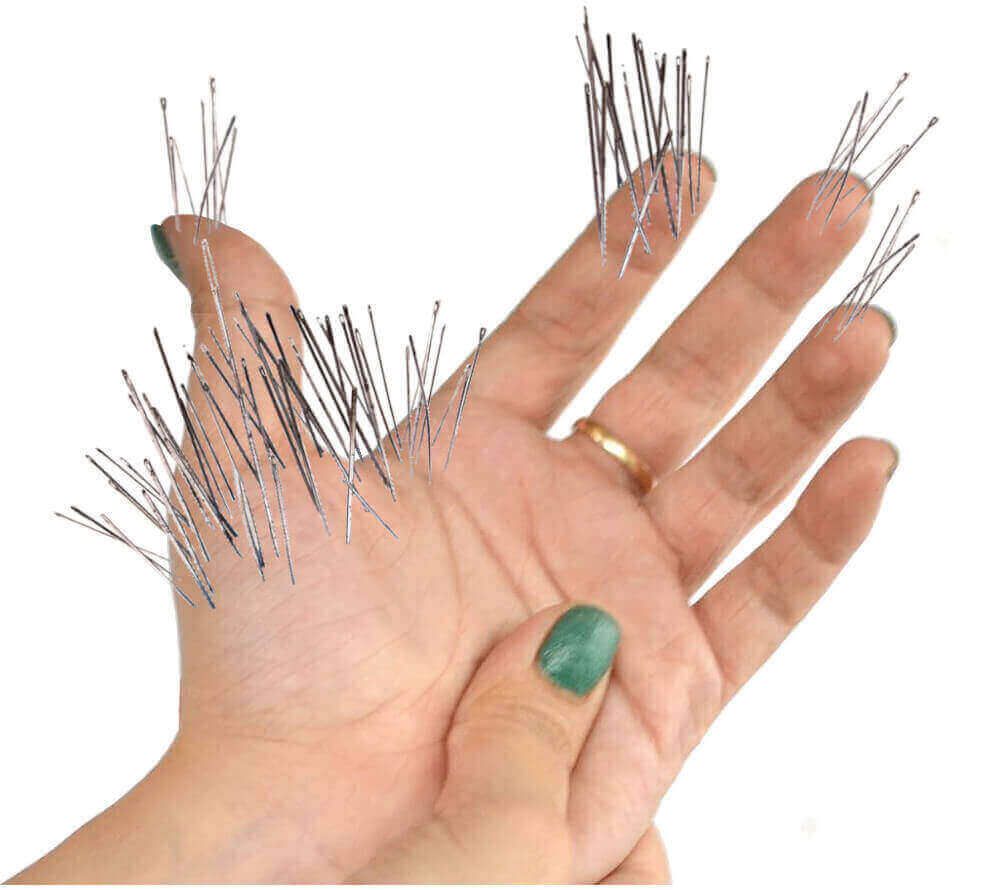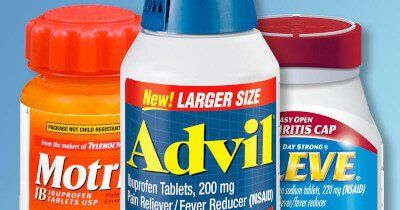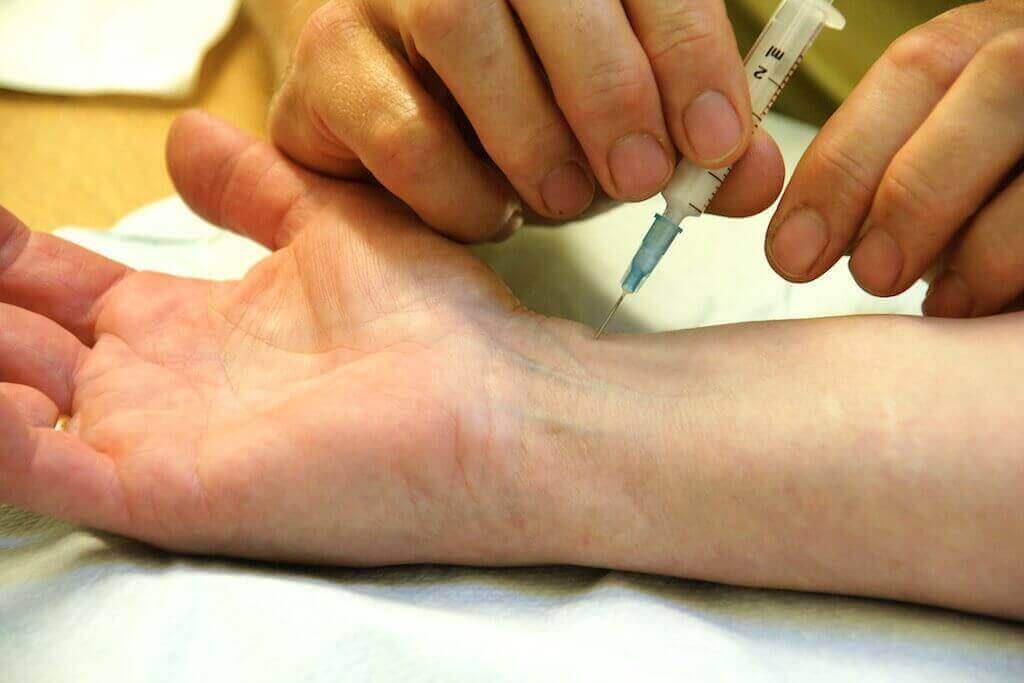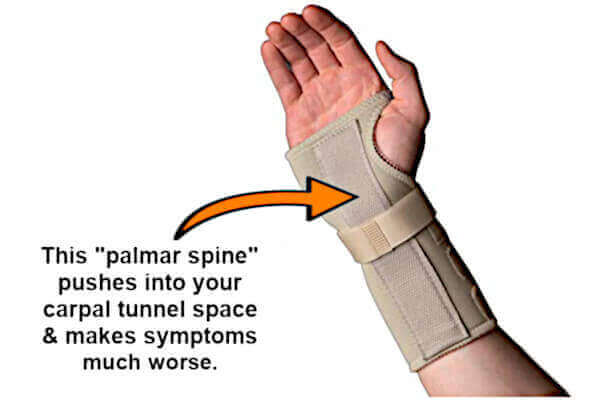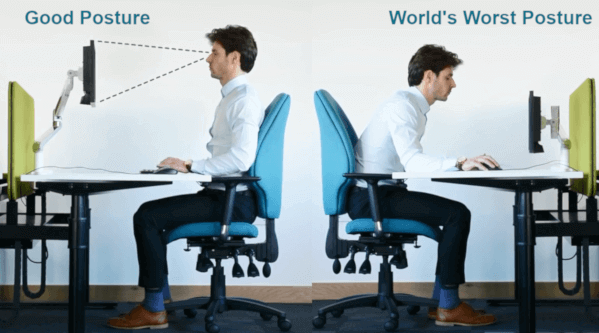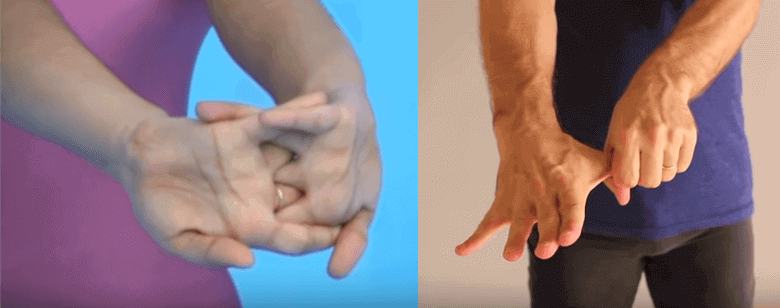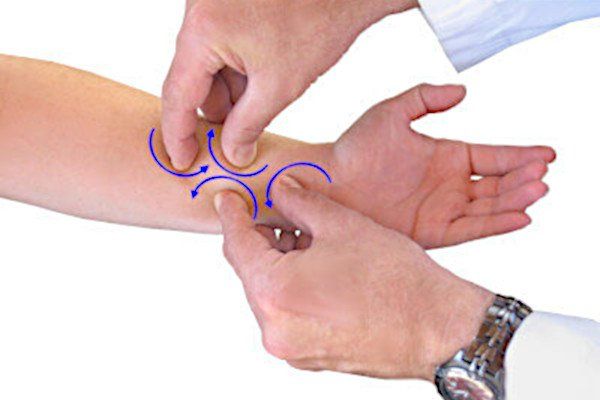What Cures Carpal Tunnel Syndrome?
From Dr. Z - Carpal tunnel syndrome specialist
What Cures Carpal Tunnel Syndrome?
Do you know what cures carpal tunnel syndrome? I'm sorry to say, there is no cure. It's true -- there technically is no cure for this disorder.
But there are great ways to
get rid of the symptoms - meaning there are ways to treat carpal tunnel so it never bothers you again.
Actually, almost 97% of people who have severe carpal tunnel symptoms treat it successfully without surgery. In fact, surgery should be your last option to get rid of symptoms.
Why? Because many good nonsurgical remedies work so effectively.
- FIND OUT: do you have carpal tunnel?
No strings attached self-test.
Cure versus Treatment
Okay, we can't technically cure carpal tunnel. But we can treat it very effectively. Think of what happens with a cold. There's also no cure for a cold. But we can treat the symptoms (sneezing, cough, etc.) so well that you can go about your life normally. Likewise, we can treat the symptoms of carpal tunnel so well that there's no sign of them at all!
So what cures the symptoms of carpal tunnel? The treatments used most successfully to eliminate the problem are:
- Medicines
- Steroid shots
- Night bracing
- Simple rest
- Carpal tunnel stretching exercises
- Myofascial release massage
Each one of these remedies is discussed below. But first, let's talk about what carpal tunnel syndrome actually is.
What is carpal tunnel syndrome?
Carpal tunnel syndrome is a type of neuropathy. That means the main nerve going to your hand (called the median nerve) is damaged. The damage comes from nearby swollen tendons which were overworked or overstressed. As the tendons swell, they crush the median nerve.
As the tendons swell more and more, the nerve damage worsens. This is when symptoms start to show. The may include uncomfortable sensations in your fingers (but not your little finger) and the palm of your hand. Examples of these feelings are:
- Pain
- Numbness
- Tingling or pins & needles
- Soreness
- Burning
- Itchiness
- Puffy feeling
- Hand weakness
- Shooting electric shocks
At first, these symptoms tend to be troublesome only when you're trying to sleep. But as the condition worsens, the symptoms start appearing during the day.
Your hand may begin to feel clumsy. You find yourself dropping things as you try to grip them. Opening a door, buttoning a shirt or tying a shoelace may be difficult.
In time and without treatment, the pain or numbness usually gets worse. Then you begin to lose the feeling of hot or cold in your fingertips.
Given more time without treatment, your thumb muscle starts to weaken. Gripping objects is nearly impossible. Your hand becomes practically useless. At this point, no therapy or treatment (not even surgery) can reverse the damage caused by the disorder.
Common Carpal Tunnel Treatments
Pain relief medicines (but they're just temporary)
Unfortunately, many people believe what cures carpal tunnel syndrome is pain pills. This is false. But it's why over-the-counter medicines are so popular for this problem.
Pain pills are not cures. (Remember, there is no cure.) The pills merely mask the pain or numbness temporarily. This brief relief can allow you to get some sleep. But the pain or numbness surely comes back again when the medicine wears off.
Think of putting ice on an painful and infected cut. The ice feels good temporarily. But remove it and after a few minutes the pain returns. It did nothing to treat the actual infection.
The pain or numbness from carpal tunnel is not much different. When you take a pain pill and it brings temporary relief. But after a few hours pain or numbness returns. Meanwhile, you did nothing to heal the damaged median nerve that caused the symptoms in the first place.
Most common pain relievers
The reason you have carpal tunnel symptoms is due to inflammation. (Swollen tendons damaging the median nerve.) That's the reason anti-inflammatory drugs work temporarily to relieve pain and numbness.
The most common drugs are called non-steroidal anti-inflammatory drugs or NSAIDs. The most popular ones are:
- Tylenol (acetaminophen)
- Aleve (naproxen)
- Advil (ibuprofen)
- Motrin (ibuprofen)
FDA warning about pain pills
It's important to know that the FDA issued a warning about these NSAID drugs. That's because they increase the risk of heart attack and stroke. Also, there's a risk of serious side effects which include:
- Allergic reactions (such as swelling, difficulty breathing, wheezing, skin rash)
- Stomach or intestinal problems (such as bleeding and ulcers)
- Kidney failure (mostly in patients with existing kidney problems)
These side effects may occur quickly; as early as the first few weeks of using the drugs. The risk might increases the longer you use them.
As a result, the FDA advises taking NSAIDs
sparingly. That means occasional usage is fine to relieve temporary carpal tunnel numbness or pain.
But using these drugs daily for longer than several weeks is not advised.
Steroid shots
Many hand specialists recommend steroid injections (or corticosteroid shots) to relieve pain and numbness. The most common steroid used in the injection is called cortisone. While cortisone can also be taken in a pill (oral) form, it's not as useful for carpal tunnel as an injection.
Cortisone shots are effective approximately
45% of the time. Generally, the more severe your symptoms the less the likelihood the shot will provide relief.
When the steroid shots do provide relief, it's only temporary. In almost all instances pain and numbness returns within 3-6 months.
Unfortunately, you cannot take steroid shots too often. The reason is because the steroid poses significant risks and side effects. Due to these problems, doctors usually give less than 4 steroid shots to a patient in their entire lifetime .
The most frequent problems doctors see with steroid shots are:
- Joint infection
- Thinning of the tissue around the injection site
- Nerve damage
- Joint inflammation
- Rupture or weakening of tendons
- Osteoporosis (bone thinning) in the joint
- Weight gain
Therefore, due to its low success rate, the limited number of shots which can be administered, and the potential risks or side effects, steroid shots are not considered a long-term solution to curing carpal tunnel symptoms.
Best Carpal Tunnel Treatments
Temporarily relieving pain or numbness from carpal tunnel is one thing. A permanent solution is quite another.
But there ARE ways to get rid of symptoms for good. They take a little more time to work, but the long-term results are worth the investment of time and energy.
These treatments stop carpal tunnel at the source: by easing stressed and inflamed tendons. In other words, when you eliminate tendon inflammation you get rid of the symptoms.
The solution isn't secret or mysterious. It's just a group of remedies that heal stressed and damaged tendons. The 4 primary remedies are abbreviated as B.R.E.M. which stands for:
- Brace at night
- Rest
- Exercises
- Myofascial massage
These are described in detail below. Note they're all natural remedies, too!
Night bracing
Everyone with carpal tunnel should brace their hand at night (called nocturnal bracing). This remedy may seem too simple to work against carpal tunnel. But it actually gives patients amazing results.
But not just any brace will do. To get relief, you need a certified carpal tunnel night brace. This brace keeps you from over-bending your wrist while you sleep. Most people severely harm their wrist joint when they sleep. That's because we all over-bend our wrists unconsciously, and some more than others.
Note that EVERY generic brace sold at Walmart, CVS, Walgreens, etc. is not a certified carpal tunnel night brace. In fact, using them will almost definitely harm your wrist joint.
PRODUCT TIP
The brace package may say "for carpal tunnel syndrome" -- but don't trust it. You can tell if it's NOT a carpal tunnel might brace by checking the palmar surface. It if has a metal spine (see picture above) then it's not a certified carpal tunnel night brace.
Why is a generic wrist brace harmful? When we bend our hands backward as we sleep, a palmar spine will press into the wrist joint. That pressing elevates the pressure inside your carpal tunnel. This results in more neuropathy.
And this is the reason many people who wear a generic "drug store" night brace wake up in the morning having even worse pain or numbness.
IMPORTANT: If you have carpal tunnel,
never
wear a wrist brace during the day (as you work). Your wrist joint is already damaged enough. Wearing a brace just makes you subconsciously fight against the brace while you're trying to do your regular work. So why apply even
more
harmful stress to your wrist?
Rest
It's been said "Rest cures all". And it's very true. Rest is nature's "shut down mode" until injured tissue has time to heal.
Even carpal tunnel can be treated effectively by simply resting your hand. But that only applies to mild or moderate symptoms. More severe carpal tunnel needs additional therapies to eliminate the pain and numbness (see below).
The prescription for rest doesn't mean lying in bed. Instead, consider these tips:
- When you work, take frequent rest breaks for your hands.
- Cut back on how much time you perform the stressful activity.
- Modify or change the activity that produced the hand stress (e.g., use ergonomic tools).
- Try to not stress your hand repetitively.
These tips are especially critical for jobs where
repetitive stress is constant. Examples are
hairdressers,
guitarists,
graphic artists, and computer
keyboard users. These and similar professions must take care to specifically avoid
repetitive stress injury.
And mind your posture!
When it comes to curing symptoms of carpal tunnel syndrome, don't overlook good posture. There's a definite link between having bad sitting or standing posture and getting carpal tunnel syndrome. Obviously, maintaining good posture reduces your chances of having the disorder.
To help with your posture, there are minor and major changes you can make to your workstation. Money.com lists some of these changes, like investing in a good desk lamp or an ergonomic office chair.
Stretching exercises
Can simple exercise get rid of carpal tunnel syndrome? Yes they can!
But they have to be right kind of exercises.
Proper carpal tunnel exercises target the tendons which swell and cause the neuropathy. Specifically, carpal tunnel stretching exercises provide 2 key results that are necessary to eliminate symptoms. These exercises:
- Lubricate tendons
- Break up restrictions and adhesions which limit movement
Best of all, the
most effective carpal tunnel exercises don't take more than a minute to do. That means you can easily incorporate them every couple hours into your daily work schedule.
And more often is better.
Myofascial massage
Ask any therapist who treats carpal tunnel patients about the best single remedy to eliminate symptoms. Hands down, they will say myofascial massage (also called myofascial release massage).
This technique is important because of what it does below the skin (on the wrist). The therapist makes counter-rotating motions with their thumbs (or thumbs and forefingers). This kneads the tendons below.
Myofascial release massage provides 2 crucial results that are needed to eliminate carpal tunnel. Specifically, the massage:
- Facilitates fluid drainage from the wrist joint
- Enhances nutritive blood flow through the hand
As a result, pressure on the median nerve disappears, reversing the neuropathy.
The only downside of myofascial release massage is that it must be done daily and for at least 4 weeks to be effective. Also, you can't do it on yourself because you need two hands to produce the counter-rotation kneading motion.
But if you can get the massage routinely for a month, then even severe symptoms will completely dissolve.
Conclusion
What cures carpal tunnel syndrome? Technically, nothing - because there is no cure. But you can treat it so effectively that it never bothers you again. Mild pain or numbness can be treated with NSAID medicines like Advil or Tylenol. Sometimes steroid shots work, too. But these are temporary remedies. More long-lasting remedies are resting your hand, night bracing, stretching exercises and myofascial release massage.


